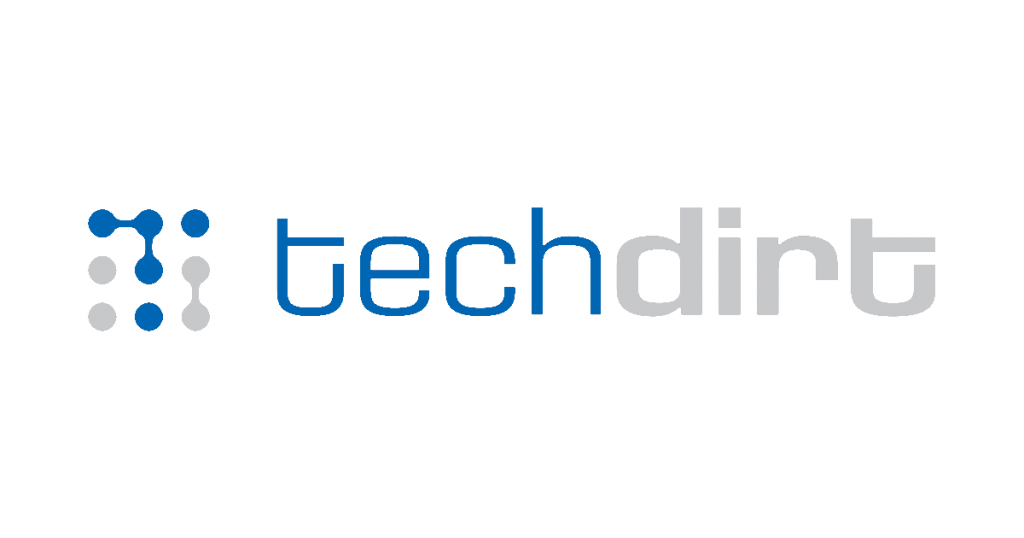from the jumbled-mess dept
If you’ve ever tried to build a “smart home” you’ve probably run face first into no shortage of problems.
Gear is expensive, overly complicated, and more often than not different devices don’t play well together. It’s a sector filled with various walled gardens by gatekeepers looking to lock you into one ecosystem, placing the onus on consumers to figure out which devices work together, and spend countless calories trying to fix interoperability issues when they inevitably arrive.
The resulting mess has slowed adoption by those who (quite understandably) find dumb home tech (ordinary door locks, for example) to be the smarter option.
While various standards have tried to unify the space, they’ve not been particularly successful. In part because the central control of all these devices has been fractured across different standards and technologies (Zigbee, Z-Wave, Wi-Fi, and Bluetooth) all jostling for primary control despite none of them working particularly well.
Enter Matter, a new open-sourced connectivity standard created by over 200 companies that’s attempting to bring some sanity to the space. Version 1.0 of the standard was launched on October 4, opening the door to a certification process for gear makers:
“What started as a mission to unravel the complexities of connectivity has resulted in Matter, a single, global IP-based protocol that will fundamentally change the IoT,” said Tobin Richardson, President and CEO of the Connectivity Standards Alliance. “This release is the first step on a journey our community and the industry are taking to make the IoT more simple, secure, and valuable no matter who you are or where you live.
Why should you care? If you care about your home tech working well, Matter — assuming it can find widespread adoption — should help simplify absolutely everything. The standard provides a way for smart home tech like your smart fridge and your door lock to talk directly to each other, either over Wi-Fi or a Thread, an IPv6-based low-power mesh networking protocol.
As a result, setup for everything based on the standard should be simpler. Less reliant on everything first heading to the cloud, you should also have greater control over what your devices are actually doing. And, it gives gatekeeper power a swift kick in the ass, letting you control multiple smart home devices using a variety of different systems and voice-enabled assistants.
That’s of course assuming it all works. The standard has major support from Apple, Google, Amazon, and Samsung, which certainly helps. Still, a lot of platforms and products aren’t going to support it, placing the onus on consumers to do their research when shopping for smart home gear over the next few years.
Right now, supported tech included smart plugs and switches, smart thermostats and HVAC controls, smart light bulbs, smart sensors, media devices and smart TVs, and connected locks. The Connectivity Standards Alliance (CSA) says it’s working to expand both the number of supported devices, and the categories of supported smart home tech.
There’s still going to be no shortage of interoperability headaches when it comes to building a smart home, but if all goes well Matter should be a significant improvement for the space overall.
Filed Under: home automation, interoperability, matter standard, open source, security, smart home, smart locks, smart tv
Source by www.techdirt.com
